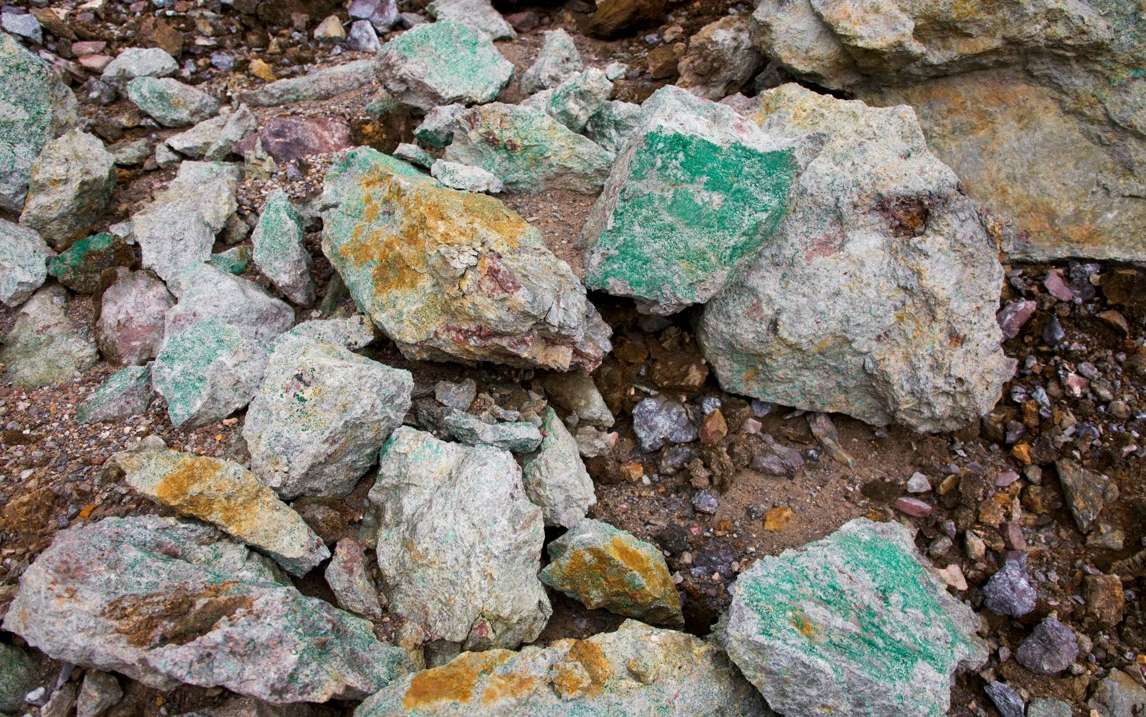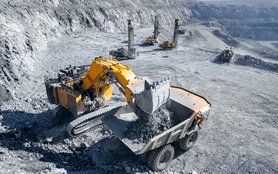To benefit from the critical minerals rush, Zambians must make good on key transparency commitments
Zambia stands at a crossroads. The world’s hunger for copper has put our country at the heart of the global energy transition. President Hakainde Hichilema has pledged to triple copper production by 2031, and companies from across the globe are vying for a piece of our mineral wealth. But for ordinary Zambians, the question remains: will this rush for resources finally bring broad-based prosperity—or will we repeat the painful history of seeing wealth siphoned away while citizens are left behind?
The answer depends on one word: transparency.
For too long, Zambians have been denied access to the very documents that determine how our mineral wealth is managed—our contracts. These agreements between the state and mining companies decide everything from how much revenue we should earn to what protections are in place for workers, communities, and the environment. They even set obligations for addressing impacts on women, customary landholders, and local communities. Yet today, most of these contracts remain hidden.
Zambia is a proud member of the Extractive Industries Transparency Initiative (EITI), having joined in 2009. We’ve often been praised for our progress, even scoring 90 out of 100 in our most recent validation. But beneath that flattering score lies a hard truth: while Zambia was received high marks for transparency, in practice, citizens still cannot see the majority of contracts governing our resources. As one recent analysis by Oxfam and the Natural Resources Governance Institute found, Zambia lags far behind many other countries when it comes to publishing contracts.
This is unacceptable.
The EITI Standard is clear: all contracts signed, amended, or granted after January 1, 2021 must be published in full. Yet what do we find on Zambia’s contract disclosure portal? Four documents—none of them actual contracts. Our Mining Cadastre Map Portal paints a striking picture of who holds rights to our land, but it stops short of disclosing the actual license conditions. Citizens are told they can request access, sometimes even pay for it. But a document hidden behind a paywall or bureaucratic approval is not public disclosure. In addition, we want public disclosure of all mineral trading contracts for enhanced revenue transparency.
Zambians deserve better.
The obstacles are not insurmountable. In 2014, the Extractive Industries Transparency Initiative Bill was introduced with the aim to enhance transparency and accountability in the payments originating from mining firms as well as receipts from Government. The implications of this clear lack of political will, 11 years later, is that the conflicting laws cited as barriers to full disclosure remain. Passing this bill and enforcing these commitments would put Zambia firmly on the path to true transparency. Despite the enactment of the Access to Information Act No. 24 of 2023, which obligates proactive publication of contracts, there have been few administrative moves to facilitate its full benefits – citizens having access to the information that they can use to hold their leaders accountable.
Time is running out. Zambia is currently facing EITI validation. If we fail to show progress on contract disclosure and beneficial ownership transparency, we risk not only losing our high score but could also face suspension from the initiative. More importantly, we risk losing the trust of our own people.
As a Zambian committed to seeing our natural wealth improve lives—not just enrich elites—I call on our leaders to act. Publish the contracts. Pass the Extractive Industries Transparency Initiative Bill. Ensure beneficial owners of extractive companies are disclosed, comprehensively and reliably.
If Zambia is to reap the benefits of the global energy transition, we must ensure sunlight shines on every deal, every agreement, and every contract signed in our name. Only then can we guarantee that our mineral wealth becomes a blessing, not a curse.



